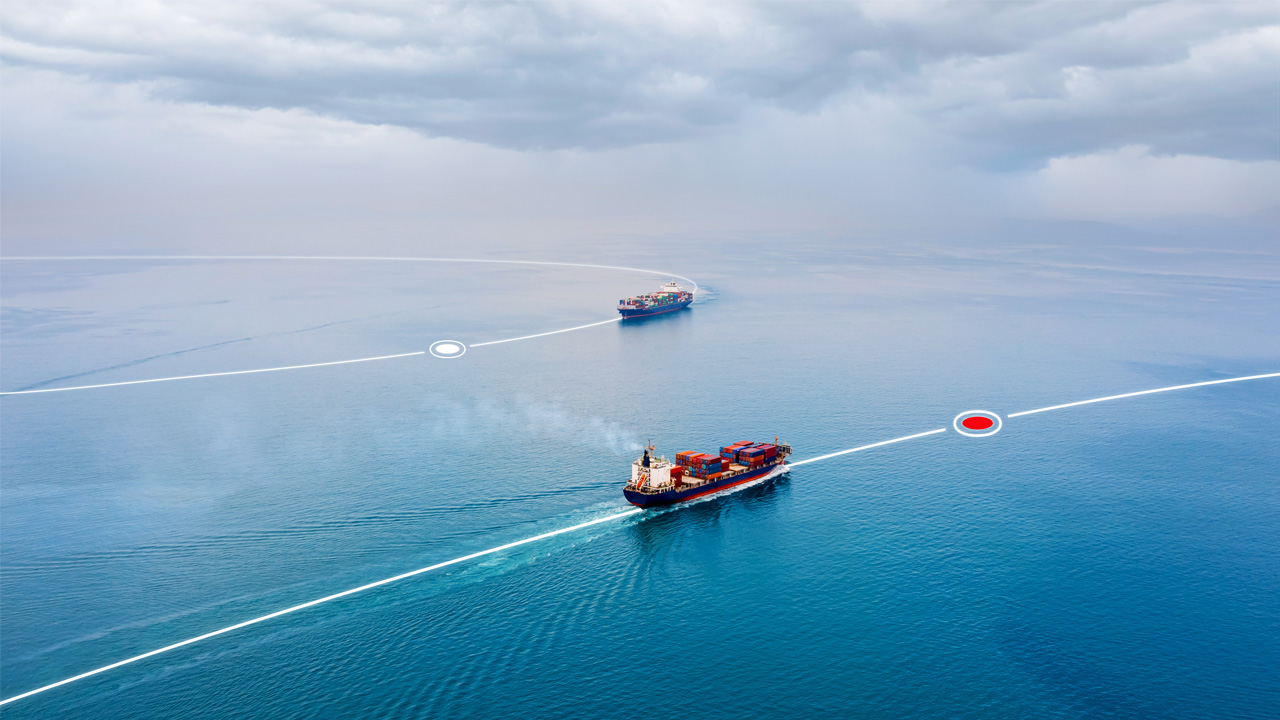The marine industry, encompassing everything from recreational vessels to massive cargo ships, faces unique electrical challenges due to its harsh and demanding environment. Saltwater, vibrations, and extreme temperatures create a need for robust and reliable electrical systems that can withstand these conditions. Ensuring the safety and functionality of vessels depends heavily on well-designed and properly maintained electrical infrastructure. One of the primary concerns in marine electrical systems is corrosion. Saltwater is highly corrosive, and electrical components must be specifically designed to resist its damaging effects. This involves using marine-grade wiring, connectors, and enclosures that are resistant to saltwater intrusion and corrosion. Additionally, proper grounding and bonding are crucial to prevent galvanic corrosion, which can occur when dissimilar metals are in contact with saltwater. Power generation and distribution are also critical aspects of marine electrical systems. Vessels often rely on onboard generators to provide power, and these generators must be reliable and efficient. The distribution of power throughout the vessel requires careful planning and execution to ensure that all systems receive the necessary power. This includes lighting, navigation equipment, communication systems, and propulsion systems. Redundancy is often built into these systems to ensure continued operation in the event of a failure. Navigation and communication systems are vital for safe marine operations. These systems rely heavily on electrical power and include radar, GPS, sonar, and VHF radios. Ensuring a stable and reliable power supply for these systems is essential for accurate navigation and effective communication. Modern vessels are increasingly incorporating sophisticated electronic systems, such as automated control systems and electronic charting, which further increase the demand for reliable electrical power. Safety is paramount in the marine industry, and electrical systems play a crucial role in ensuring the safety of crew and passengers. This includes emergency lighting, fire detection and suppression systems, and alarm systems. These systems must be designed to operate reliably in emergency situations, even in the event of a power outage. Backup power systems, such as batteries and emergency generators, are essential for ensuring continued operation of critical safety systems. Finally, the marine industry is increasingly adopting sustainable electrical solutions. This includes the use of hybrid and electric propulsion systems, as well as the integration of renewable energy sources, such as solar and wind power. These technologies can help reduce fuel consumption and emissions, making marine operations more environmentally friendly. As technology advances, the demand for innovative and sustainable electrical solutions will continue to grow in the marine industry.
Electrical Solutions for the Marine Industry
The marine industry demands robust, corrosion-resistant electrical systems for power generation, navigation, communication, and safety, while increasingly adopting sustainable solutions to withstand harsh conditions.

